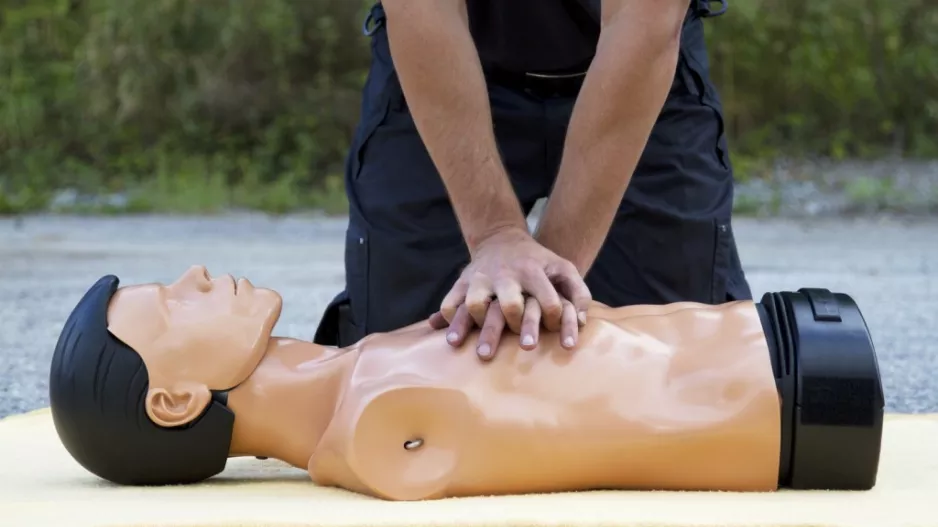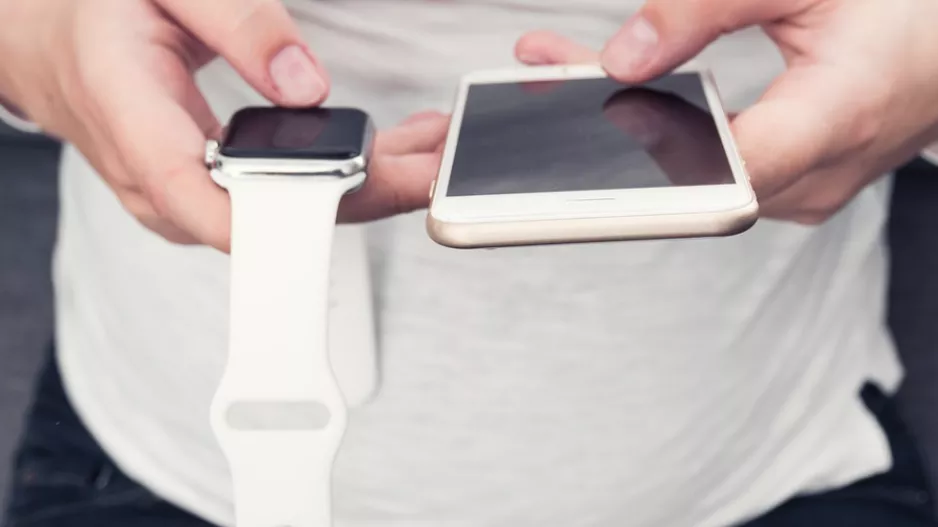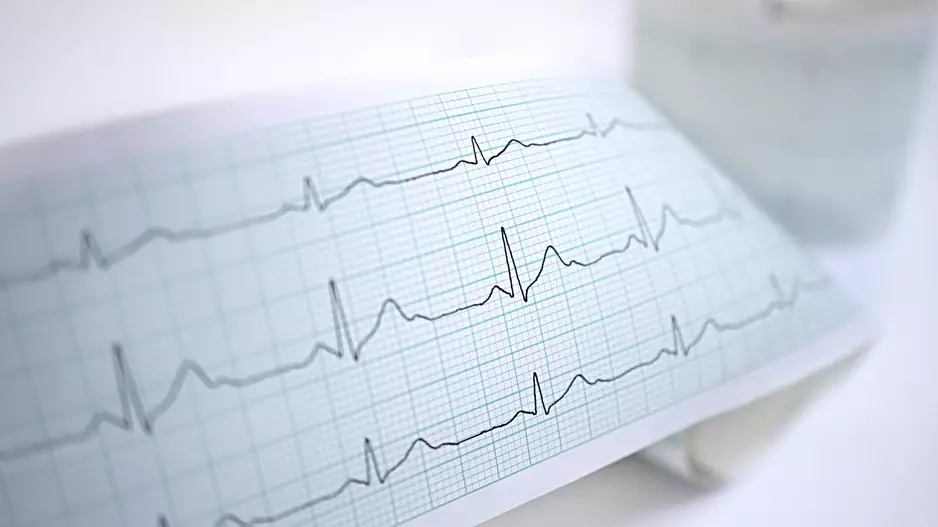More Articles
A French hospital testing the effectiveness of hydroxychloroquine on COVID-19 patients had to immediately stop testing on one patient due to the risk of significant cardiac side effects.
Hydroxychloroquine, the malaria drug repeatedly…
Smartphone cameras could play an important role in the diagnosis of AFib, according to new findings published in JAMA Network Open. Researchers warned,…
Oral anticoagulation medication can help minimize bleeding complications among AFib patients undergoing transcatheter aortic valve replacement (TAVR), according to new research out of Europe. When those patients are also prescribed antiplatelet…
A significant number of life-threatening complications in pregnant women with heart disease could be prevented altogether, according to new findings published by the Journal of the…
A patient’s e-cigarette interfered with their implantable cardioverter-defibrillator (ICD) and prevented the device from properly functioning, according to a …
On a biweekly basis, researchers and physicians at the Feinstein Institutes for Medical Research and North Shore University Hospital in New York gather to watch footage of patient resuscitations.
It’s a team-based learning exercise…
Nearly a quarter of older patients with atrial fibrillation receive inappropriately dosed direct-acting oral anticoagulants (DOACs), according to an analysis of the ongoing SAGE-AF (Systematic Assessment of Geriatric Elements in Atrial…
A new analysis of the CASTLE-AF (Catheter Ablation for Atrial Fibrillation with Heart Failure) trial has found that catheter ablation for AFib remains effective in a much larger group of heart failure patients, cementing evidence first presented…
A small-scale study published in Circulation March 3 has revealed a potential new culprit behind sudden cardiac death in patients with arrhythmogenic right ventricular…
Researchers at Imperial College London have developed a new type of sensor that can track vital signs in both humans and animals, suggesting the ever-growing wearables trend is expanding to include pets and livestock.
Lead author Firat…
Pulsed field ablation (PFA) technology has been used to treat atrial fibrillation for the first time in the U.S.
John Hummel, MD, of Ohio State’s Richard M.…
A study published Feb. 25 in Circulation suggests wearables are useful for detecting CV abnormalities like atrial fibrillation, but there’s still a long way…
Medtronic and the FDA were both aware of battery and wire connection defects in a now-recalled heart failure pacemaker for over a year before patients developed serious side effects, according to a report published in…
A recent analysis of FitBit data suggests there is no one “normal” resting heart rate for humans, with users’ average HR coming in at between 40 and 109 beats per minute, Discover Magazine reported.
The study, published in the journal…
Medtronic has received CE mark approval in the European Union for its Cobalt and Crome implantable cardioverter-defibrillators (ICDs) and cardiac resynchronization therapy-defibrillators (CRT-Ds).
The company, which is based in Dublin,…
A panel of experts from the Clinical Genome Resource (ClinGen) are publicly disputing nine of 17 genes once thought to be linked to long QT syndrome.
In their report, published in …
Emergency phone operators in Victoria, Australia, may soon have access to AI that could alert them to callers in cardiac arrest, ZDNet reports.
According to ZDNet, the Victorian government announced Feb. 2 that it would be funneling $1.36…
The FDA has approved a Medtronic-run trial, PULSED AF, to evaluate the safety and efficacy of new tech that uses pulsed electric fields to treat AFib.
The study will be an investigational device exemption (IDE) trial, according to…
Burnout may increase a person’s risk of developing atrial fibrillation by as much as 20%, researchers reported this month in the European Journal of Preventive Cardiology.
Parveen K. Garg, MD, of the University of Southern…
Medtronic announced Jan. 21 it had received FDA approval for its Micra AV device—the world’s smallest pacemaker with atrioventricular (AV) synchrony.
Micra AV is identical in size and shape to Medtronic’s original Micra Transcatheter…
A medical technique that involves safely hyperventilating conscious, unmedicated patients could facilitate the use of radiotherapy for cardiac ablation, according to research published in…




















